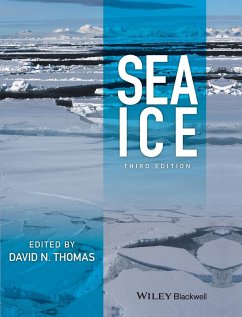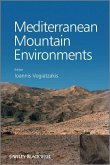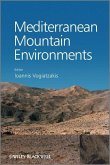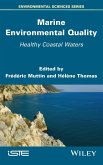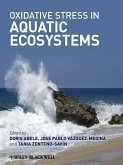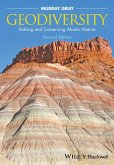Over the past 20 years the study of the frozen Arctic and Southern Oceans and sub-arctic seas has progressed at a remarkable pace. This third edition of Sea Ice gives insight into the very latest understanding of the how sea ice is formed, how we measure (and model) its extent, the biology that lives within and associated with sea ice and the effect of climate change on its distribution. How sea ice influences the oceanography of underlying waters and the influences that sea ice has on humans living in Arctic regions are also discussed.
Featuring twelve new chapters, this edition follows two previous editions (2001 and 2010), and the need for this latest update exhibits just how rapidly the science of sea ice is developing. The 27 chapters are written by a team of more than 50 of the worlds' leading experts in their fields. These combine to make the book the most comprehensive introduction to the physics, chemistry, biology and geology of sea ice that there is. This thirdedition of Sea Ice will be a key resource for all policy makers, researchers and students who work with the frozen oceans and seas.
Featuring twelve new chapters, this edition follows two previous editions (2001 and 2010), and the need for this latest update exhibits just how rapidly the science of sea ice is developing. The 27 chapters are written by a team of more than 50 of the worlds' leading experts in their fields. These combine to make the book the most comprehensive introduction to the physics, chemistry, biology and geology of sea ice that there is. This thirdedition of Sea Ice will be a key resource for all policy makers, researchers and students who work with the frozen oceans and seas.

